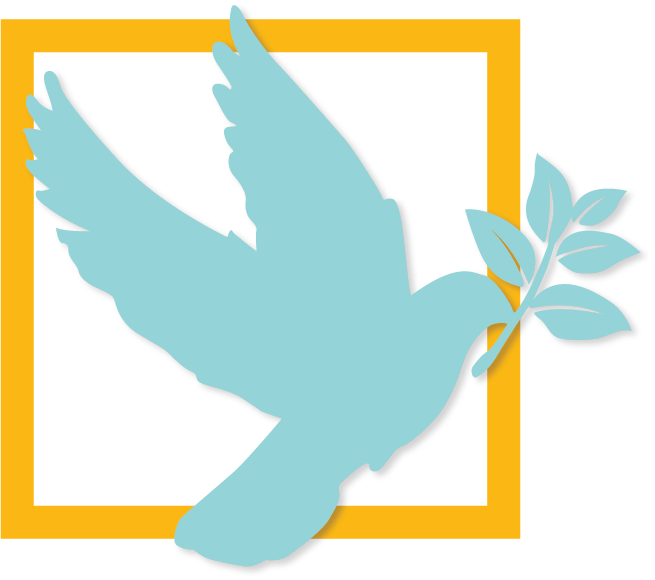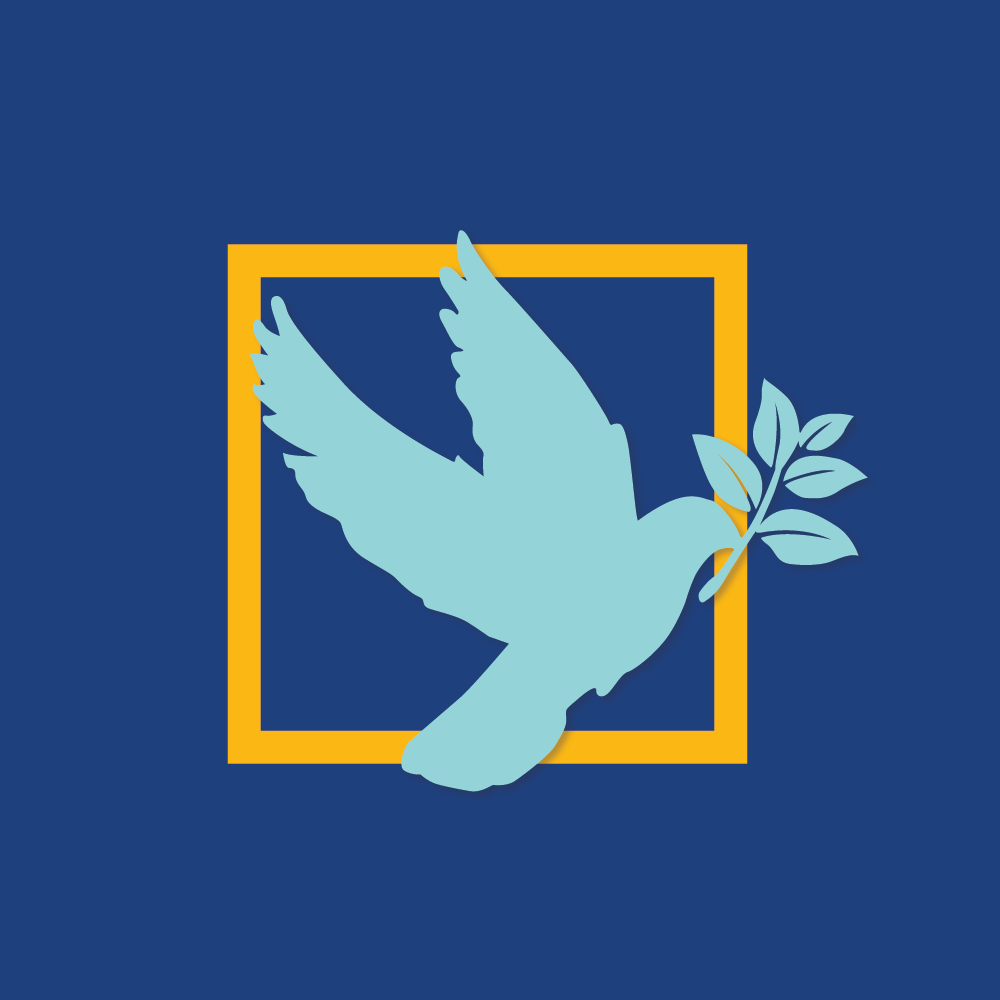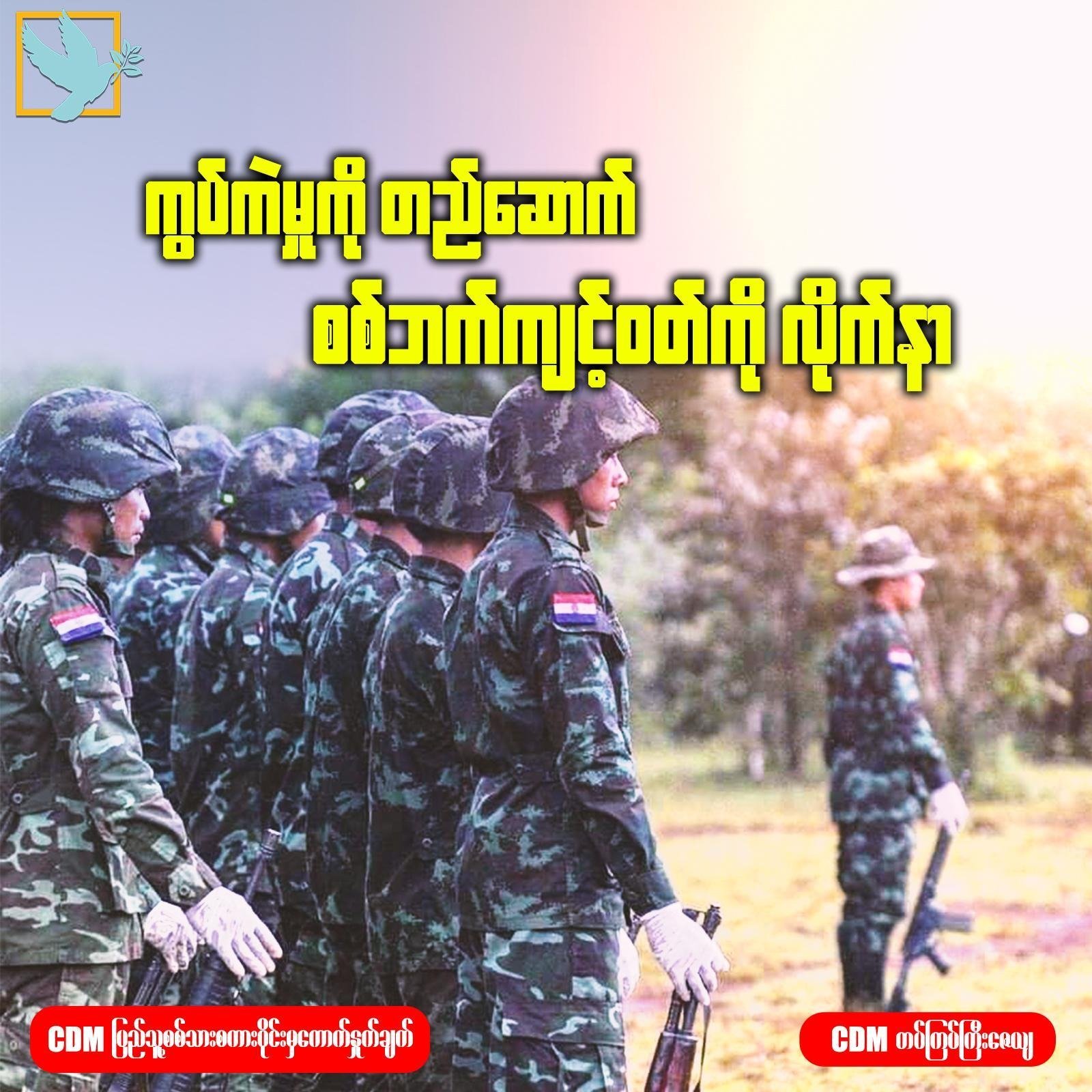Excerpt from People’s Goal CDM Soldiers Conversation, “Building Command, Adhering to Military Ethics”
It is known that the revolutionary forces treat prisoners of war according to international law. Yet, the military not only tortures captured prisoners but also kills innocent civilians. Soldiers must uphold military discipline and international law. Why are these violations so blatant, demonstrating no respect for humanitarian laws?
Answer: Zeya (CDM Sergeant)
The current terrorist army's brutal inhumanity is clearly their strategy. Their mindset? When I served, a saying circulated: "The Burmese people don't deserve democracy." It's about ruling through fear. This thinking permeates the ruling class, even at the officer level. Their actions stem from this deeply ingrained belief.
Their strategy is outdated as well. They burn villages, brutally kill civilians – barbaric tactics from a bygone era with no morals or rules. They think this generation will submit.
As far as I know, PDFs or anyone who are taking part in the revolution are treated inhumanely. For example, a parliament member I knew was arrested. Instead of sending him to prison, he was brutally killed. I heard about this incident from a villager who witnessed it and escaped.
The military council isn't ignorant of international law. As you mentioned, they are aware of the Geneva Conventions. I learned about them in basic military training, offered even to those with no formal education. Military law courses included international ethics lessons. Even infantry units received Geneva Convention training after 2010.
Despite this knowledge, they deliberately commit these acts. Their hearts and minds are hardened, accepting this as necessary.
Let me share a personal experience. During the three-month uprising, the infamous 139th battalion of Yangon Thanlyin brutally killed protestors in Thinkankyun and Hlaingtharya. A corporal there boasted, "We must starve them for three days!" He mocked the protestors, revealing their violent mindset.
They label armed PDFs as terrorists, justifying battlefield brutality outside the scope of captivity laws. This deliberate and calculated cruelty aims to instill fear and prevent surrender.
Furthermore, they hide their crimes. Villages are burned to deny PDFs bases and conceal stolen goods. Villagers returning to feed livestock or check on their homes are massacred. Killing holds no weight for them; it's about silencing potential leaks. They even destroy CCTVs in major cities like Yangon and Mandalay, desperate to erase evidence.
This is their modus operandi – deliberate and intentional.
Our revolutionary forces, like the KNDF, demonstrate exemplary ethics. We must uphold these, regardless of the enemy's cruelty. Stooping to their level won't achieve victory. It's like hitting a rabid dog; it will retaliate. Captured comrades subjected to inhumane treatment would fuel enemy morale and encourage them to fight relentlessly. This benefits the military council.
Following international humanitarian laws is not just moral, it's strategically sound.


